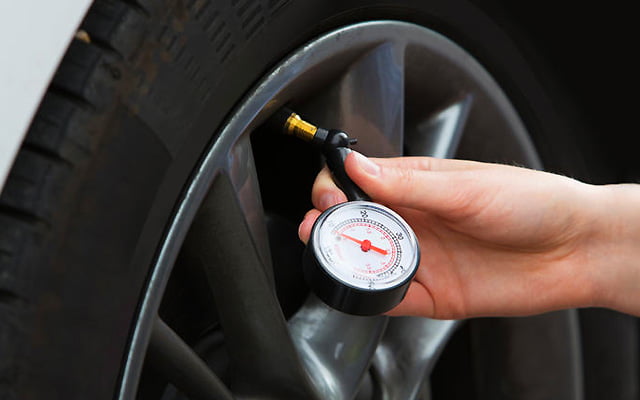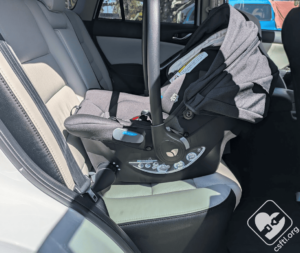Top Tips for car maintenance

Your car is likely to be one of the most expensive purchases you make. In the UK, data shows that the average household spends around 4.3% of their budget on car payments, and for some people, that’s much higher. Considering how much we spend buying them, it makes sense to maintain them and keep them running in the best possible condition.
Regular car maintenance might take time and money, but it can definitely save you additional costs in the long run. If you want to ensure your car lasts for many years and reduce the chance of breakdowns and expensive bills, you should be looking to maintain all aspects of your car as much as possible. Car maintenance is complex, but here are some of the best tips you can follow to keep your vehicle in top shape.
Use the Right Parts
Whether it’s accessories or integral parts of your car, you need to ensure you use quality parts when doing any kind of repairs or maintenance. Using low-quality parts may cost you more in the long run, as they’re more likely to need replacing and can also end up causing other issues to your vehicle.
This also goes for using things like screws and tools. You can find lots of high-quality tools, equipment and gear for general maintenance on this site, which makes it easy to order anything you need. This way, you can ensure you always get the right parts for the job and avoid using anything that’s low quality.
Perform Regular Checks
The best way to keep your car in great condition is to perform regular checks on all of its vital systems. Your car battery, brakes and tyres are some of the most important to look at, and you should also keep a close eye on things like oil level and radiator coolant.
Your car should tell you when the battery is flat, but you can keep it charged by starting your car at least once a week and running it for 15 minutes. You can also avoid using interior electronics if your car engine isn’t running.
Brakes can be checked by feeling if the brake pedal has a normal amount of resistance, and using them regularly will help prevent seizing. Finally, check the tyre pressure often and look out for any bulges or potential damage at least once every two weeks. If you have a newer car, it should have a tyre pressure monitoring system, but if not, you’ll need to do it manually.
Keep Your Car Clean
Cleaning your car doesn’t just help it look great, it should also be part of any regular maintenance schedule. Wash it well using a soapy sponge or microfibre cloth and a good quality car shampoo. Rinse the car of thoroughly first and then use the two-bucket method, cleaning the whole vehicle from top to bottom. Be sure to regularly rinse off the cloth in order to prevent scratches.
You can use wax on your car after you finish cleaning, which will help to protect the pain and ensure it stays clean for longer. Lastly, don’t forget to clean the interior of your car. You should vacuum it thoroughly and ensure you throw out any waste and other items you’re not using. This will help keep it smelling fresh and ensure it’s not carrying extra weight.
Servicing
Of course, regular service checks are mandatory if you want your car to stay on the road. If your car is more than three years old, make sure you stay on top of the MOT in order to continue driving legally and spot any potential issues before they become a serious problem. The service will be a good chance to do any repairs if required.







